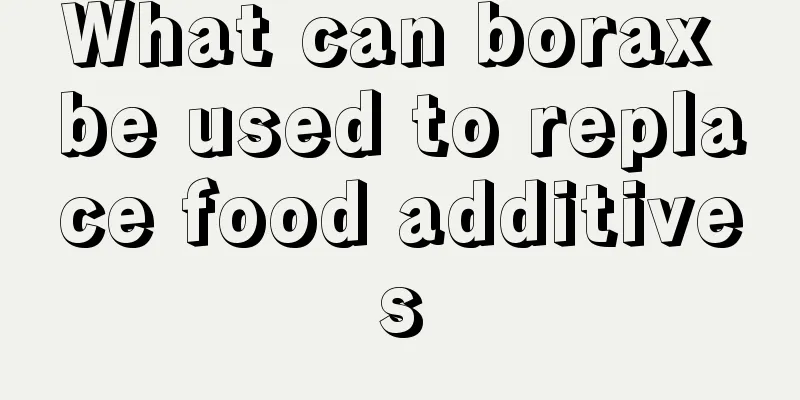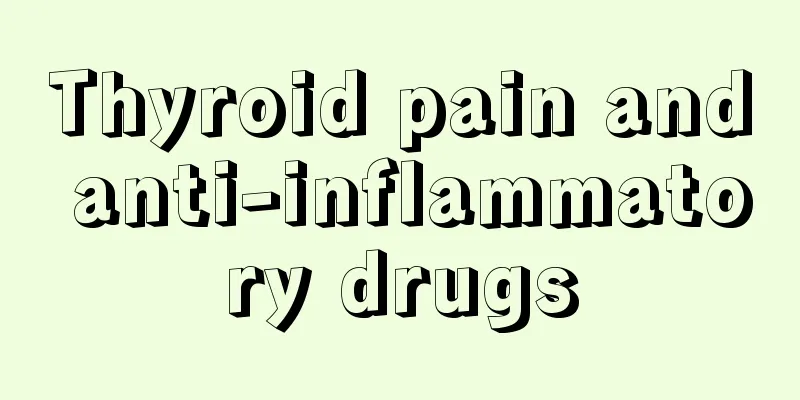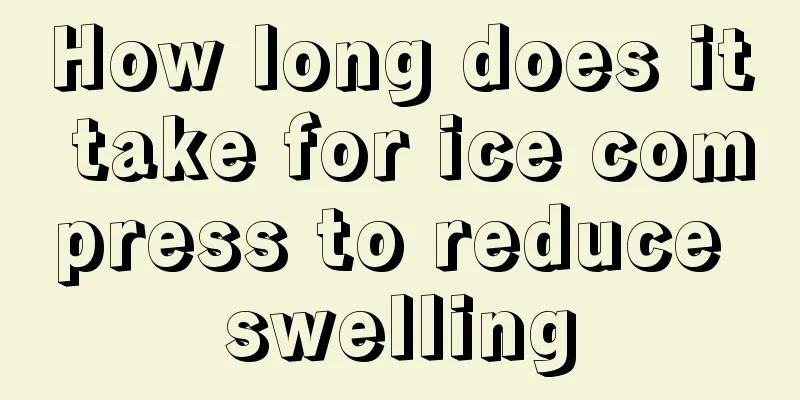What can borax be used to replace food additives

|
Borax is not particularly common in our daily life. It is toxic and cannot be eaten. However, borax has a wide range of applications. Processed borax can be used as a cleaner, cosmetics, etc. It can also be used as an additive in drug treatment, especially after refining, it can clear away heat and detoxify, treat mouth ulcers, etc. However, it cannot be used as a food additive. Once borax poisoning occurs, diarrhea, vomiting, skin allergies, and even shock will occur, so special attention should be paid to it on a daily basis. Borax is not very familiar to most of us. In fact, many things we use in daily life are produced with it. Borax, also called crude borax, is a soft and light colorless crystalline substance that can be used as a raw material for preservatives. Borax has many other uses, such as the familiar ones such as disinfectants, preservatives, water softeners, eyewashes, soap additives, ceramic glazes and glass raw materials, etc. Borax also plays an important role in industrial production. Here we mainly talk about what borax can be used to replace food additives. After "borax" enters the human body through oral ingestion, it is not easily excreted. Even if food contains "trace" amounts of borax, long-term consumption will continue to accumulate in the body, seriously affecting the functioning of human digestive tract enzymes, resulting in harmful substances not being excreted in time, and then causing great harm to human health, causing loss of appetite, indigestion, and inhibition of nutrient absorption. Usually, the symptoms of "borax" poisoning are vomiting, diarrhea, skin allergies, fainting, and even shock. The national food and flour standards allow the addition of flour improvers [benzoyl peroxide to whiten flour according to prescribed dosages. The whitening effects of benzoyl peroxide and borax on flour are compared. Under the same addition conditions, the effects of benzoyl peroxide and borax are hundreds of times higher. For this reason, no one at home or abroad adds borax and its substitutes. It must be pointed out that [borax and its substitutes are not allowed to be used as food or flour additives. The substitute for borax is, and boric acid is an external medicine and cannot be used as a food additive. Borax can increase the toughness and crispness of food and improve the water retention of food, etc. However, the state has expressly prohibited the use of borax as a food additive. Without a food hygiene license, there is no right to make food improvements. If you are working in the food or other related industries, please be careful and never do anything illegal. |
<<: The difference between physical properties of boric acid and borax
>>: How to detoxify borax poisoning and what are the treatments
Recommend
Should I wear a bra when wearing a swimsuit?
Girls often encounter some problems when swimming...
How should lung cancer patients exercise?
How should lung cancer patients exercise? Many lu...
What diseases will occur if pharyngitis becomes serious
I believe many people are very familiar with the ...
Is it good to eat bananas at night? The truth is like this
Banana is a common fruit in daily life. Many peop...
Tonsillitis and tonsillitis
When it comes to tonsils and tonsils, people are ...
Where is the appendix?
Where is the appendix located? The appendix is ...
What is the reason for bitter mouth and dizziness
People must pay attention to their bodies, becaus...
How to prevent scars from skin scratches
Whether in life or work, we cannot avoid accident...
What are the serious consequences of long-term bed rest?
For some patients, they have to stay in bed to re...
What are the dangers of playing with mobile phones in the toilet?
With the continuous development of the communicat...
What should I do if my child is allergic to ultraviolet rays
Ultraviolet allergy refers to some abnormal aller...
Electromagnetic radiation at home can induce the cause of brain cancer in children
Clinically, the causes of childhood brain cancer ...
Hemangioma in the lips
The growth of hemangioma inside the lips may be c...
What to do if the cyst becomes inflamed and suppurated? Choose the treatment method according to the condition
If the condition of the cyst is more serious, inf...
What is the best treatment for hamartoma
Everyone is familiar with the term hamartoma. Its...









